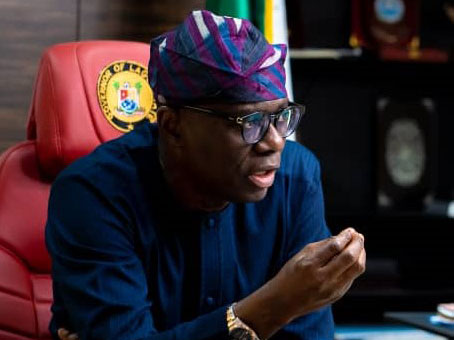The Presidency has issued a robust response to a recent New York Times article titled “Nigeria Confronts Its Worst Economic Crisis in a Generation,” dismissing it as a misrepresentation of Nigeria’s economic situation. Bayo Onanuga, Special Adviser to the President on Information and Strategy, refuted the claims made by Ruth Maclean and Ismail Auwal in the article, asserting that it follows a pattern of negative portrayal of African countries by foreign media.
Onanuga emphasized that the economic challenges highlighted in the article were inherited by President Bola Tinubu’s administration, which took office in May 2023. He defended the administration’s actions, stating that immediate steps were taken to address the dire economic conditions, including the abrogation of the fuel subsidy regime and the unification of exchange rates.
Highlighting the financial burden of past policies, Onanuga pointed out, “For decades, Nigeria had maintained a fuel subsidy regime that gulped $84.39 billion between 2005 and 2022, draining public resources needed for infrastructure and social services.”
Regarding recent economic indicators, Onanuga noted progress such as a trade surplus of N6.52 trillion in Q1, a reduction in inflation rates, and increased investor confidence demonstrated by substantial loans and investments.
He also outlined ongoing efforts by the Tinubu administration and state governments to boost agricultural production and combat food inflation, underscoring initiatives like dry-season farming and subsidized fertilizers.
Onanuga concluded by drawing parallels with global economic challenges faced by countries like the USA and Europe, reaffirming Nigeria’s resilience in overcoming past economic difficulties.
Oreoluwa is an accountant and a brand writer with a flair for journalism.
























